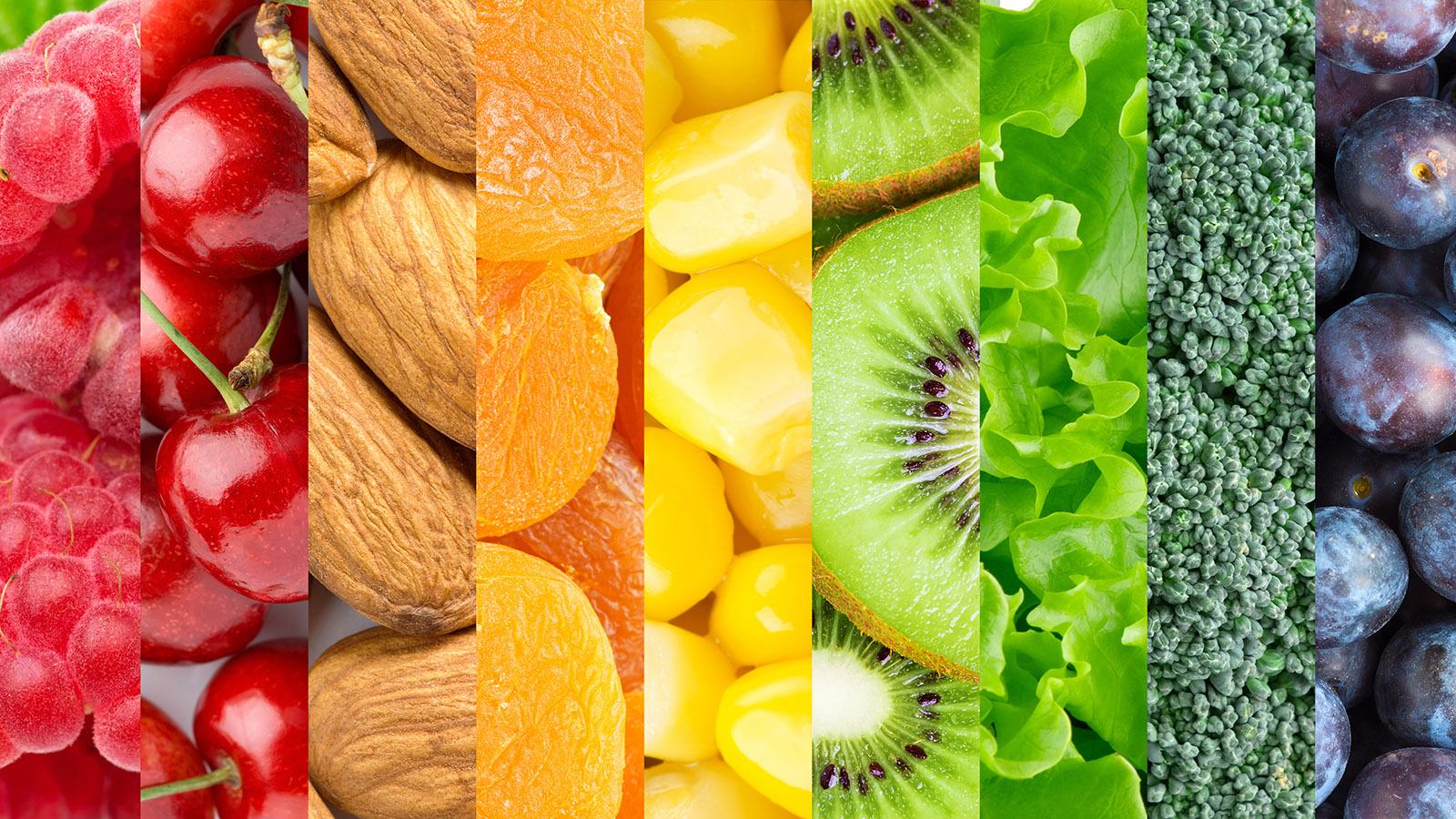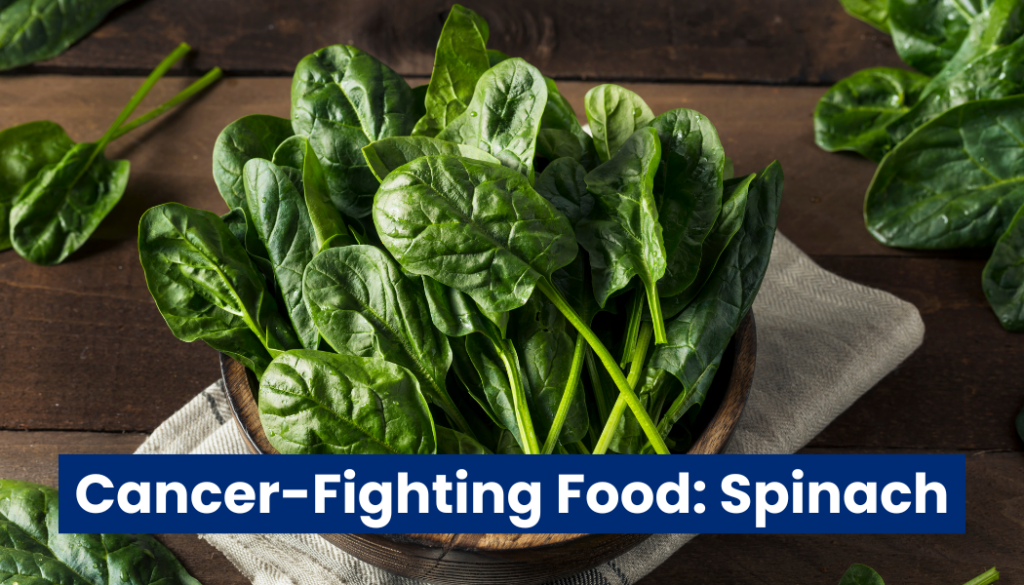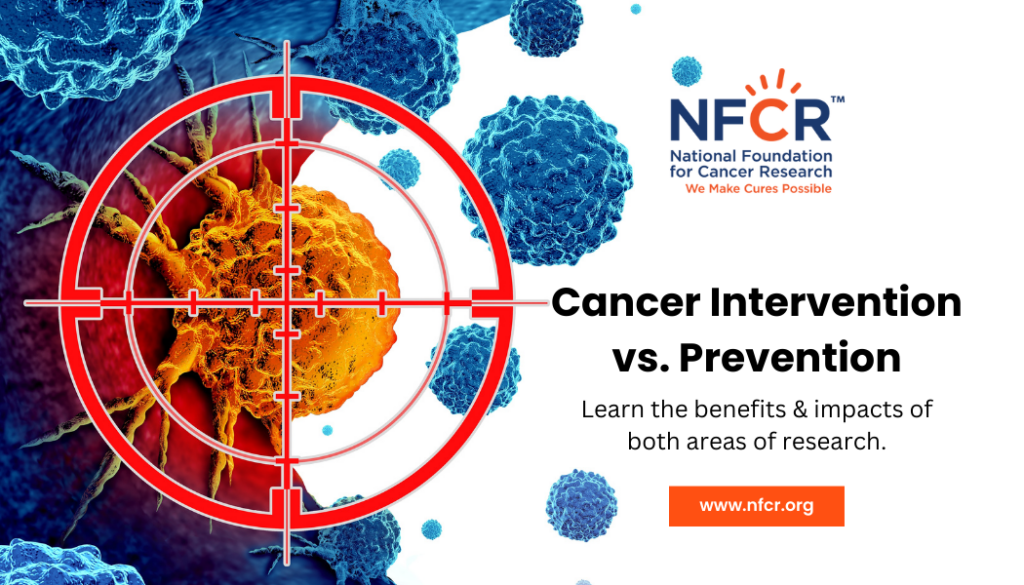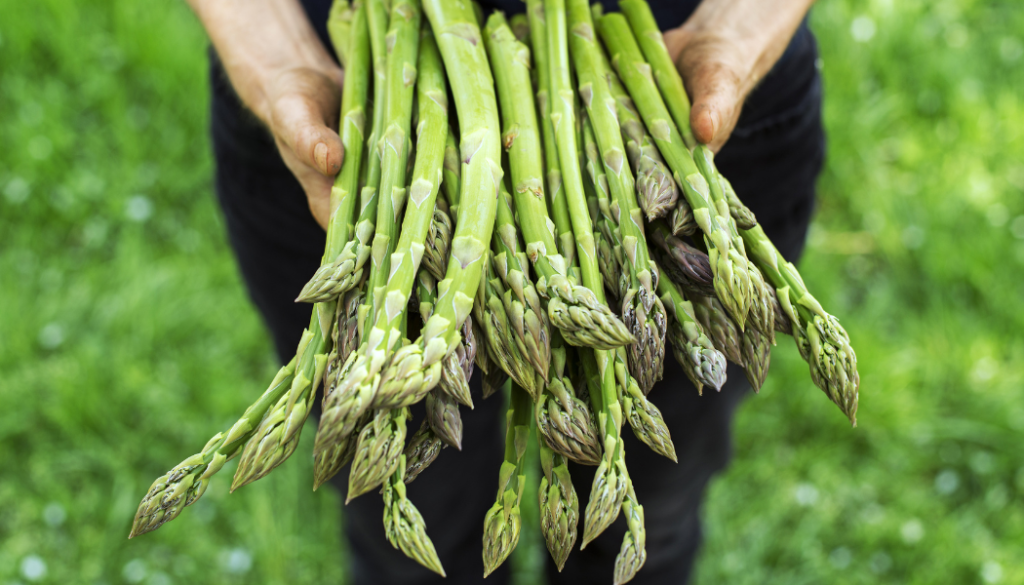Cancer-Fighting Lifestyle Channel
By eating healthy foods and sticking with a healthy lifestyle, you can prevent or significantly reduce your risk of cancer.
The Cancer-Fighting Lifestyle Channel is a program created by the National Foundation for Cancer Research (NFCR) to help you start and stick with a healthy lifestyle.
Watch the Latest Video on Youtube
Together for a Healthy Lifestyle
You won’t feel alone on your journey of maintaining a healthy lifestyle. By providing cancer-fighting food recipes and showing you how to cook them through videos, we will become your reliable partner and go along with you down the road.
In addition to learning how to cook healthy food, you will also learn the science and research that demonstrate the anti-cancer effects of those vegetables and foods included in the recipes in the video while the cooking is going on. The scientific knowledge may give you additional courage to stick with a healthy lifestyle.
Welcome and enjoy the program.
Find More Cancer-Fighting Food Inspiration
Spinach: A Superpower Against Colon Cancer
Did you know that colon cancer is the fourth most common cancer and the second leading cause of cancer-related deaths in the United States? Recent studies suggest that spinach is packed with bioactive compounds that can improve gut health and potentially lower the risk of colon cancer. Spinach plays an important role in nutrient supply. It is a superior source of vitamin K, vitamin A, manganese, magnesium, folic acid, iron, vitamin C, vitamin B2, and potassium. Additionally, spinach contains a substantial amount of dietary fiber, vitamin B6, vitamin E, and omega-3 fatty acids, which are essential for the maintenance, improvement, and regulation of human tissues. Incorporating spinach into your diet can play a significant role in cancer prevention by delaying the need for colon removal and prolonged drug treatment. So, how can you add more spinach to your diet? Here’s a delicious Thai-inspired recipe that not only tastes great but also incorporates spinach to help harness its potential cancer-fighting properties. Coconut, Spinach, and Chickpeas Stuffed Sweet Potatoes Ingredients: 3 yellow onions 1 ½ cups sun-dried tomatoes 3 tbsp coconut oil 3 tbsp minced garlic 3 tbsp minced ginger ¾ tsp red pepper flakes 6 cups canned chickpeas 15 cups spinach 4 ½ cups canned coconut milk (lite) 1 tbsp ground ginger 1 ½ lemons 12 sweet potatoes ¾ cup fresh cilantro Recipe Steps: Peel and dice onion. Drain and finely chop sun-dried tomatoes. Heat 6 tsp coconut oil in a large pot over medium-high. Add onion and cook 5 minutes, or until translucent. Add garlic, minced ginger, sun-dried tomatoes and red pepper flakes. Cook 2 minutes, stirring frequently. Add chickpeas (drained) and cook 2 minutes more. Add spinach one handful at a time until wilted, stirring in between handfuls to make room in the pot. When spinach has wilted, add coconut milk, ground ground ginger and 3 tbsp lemon juice. Season with salt and pepper to taste, then bring to a simmer. Reduce heat to medium-low and cook 10 minutes more. Check seasoning to taste. Freeze if cooking in a batch. Preheat oven to 425° F (218 °C). Peel and dice sweet potato into 1-inch cubes. Toss in a bowl with 3 tsp melted coconut oil and a pinch of salt. Spread in an even layer on a baking sheet and roast 30 minutes, or until tender. (Alternatively, keep whole, poke with a fork, and cook in the microwave 8 to 10 minutes.) This nutrient-packed meal not only offers a burst of flavors but also contributes to your overall health by incorporating spinach’s potential cancer-fighting properties. Enjoy this delicious dish and feel good about nourishing your body! NFCR’s Impact on Foods for Cancer Prevention Dr. Michael B. Sporn, a scientist long supported by NFCR, has inspired many to explore the relationship between diet and cancer. As a true pioneer of chemoprevention, he innovated new drugs that can be used as chemopreventive agents—when the field was in its infant stage. Throughout his career, he has synthesized several hundred naturally-occurring molecules called triterpenoids, which are found in many cancer-reducing foods. Dr. Sporn’s extensive research has laid the groundwork for understanding how dietary [...]
Cancer Intervention vs. Prevention: What Does it Mean?
Understand the differences between prevention and intervention and the impacts of each area of research. The National Foundation for Cancer Research (NFCR), a leader in funding cancer research for over 51 years, has been championing the prioritization of cancer intervention and prevention research. There are a few critical differences between intervening and preventing cancer. What is Cancer Intervention? Cancer intervention means finding and treating tumors at the earliest stages before extensive growth or spread. This involves: Developing and advancing screening tests for microscopic tumors through enhanced imaging and new biomarkers. NFCR helps fund the improvement of detection technologies and the identification of early-warning molecular signs. Testing precision therapies tailored to destroy the first cancerous cells by targeting specific genetic changes. NFCR provides grants for researchers on innovative early cancer treatments. Investigating if lifestyle changes and medications can halt progression when precancerous abnormalities emerge. NFCR supports research on how diet, exercise, and anti-cancer drugs might neutralize early lesions. Intervening quickly when cellular abnormalities first appear can transform outcomes by stopping cancer before proliferation and metastasis. What is Cancer Prevention? Cancer prevention refers to approaches that proactively reduce the likelihood of developing the disease. This includes: Adopting lifestyle choices to avoid risk factors like tobacco use. Everyday prevention behaviors such as eating cancer-fighting foods and meeting physical activity guidelines can help the immune system fight off cancer. Undergoing regular screening exams, especially for high-risk populations with a family cancer history, to find and remove precancerous lesions before they turn malignant. NFCR provides recommendations on optimal early detection approaches. Minimizing intake of carcinogens, optimizing protective compounds, and supporting overall body function through a nutritious, balanced diet tailored to individual risks. Funding chemoprevention research on natural compounds or drugs that may lower risk. NFCR funds research on and helps to analyze the cancer prevention potential of antioxidants, aspirin and other agents. Why Is It Critical to Focus Research on Early Intervention? Prevention is the best weapon against cancer. Worldwide research studies over many years indicate roughly 30-40% of cancer diagnoses could be prevented by modest diet and lifestyle changes. NFCR publishes information about key food groups with cancer-fighting properties. The goals are minimizing intake of carcinogens, optimizing protective compounds, and supporting overall body function through a nutritious, balanced diet tailored to individual risks. Early screening enhancements for cancer help us find the first signs of cancer before it spreads and kills. However, once cancer is detected, intervening early allows scientists and clinicians to give patients a strong chance to destroy the first cancer cells present and eliminate cancer before advanced disease develops. Boosted early screening and precision treatments tailored to the genetics of these initial cancer cells improve outcomes dramatically compared to late diagnosis. Finding and treating emerging tumors swiftly and thoroughly at the root cause will transform how we conquer humanity’s oldest diseases. NFCR believes early cancer intervention breakthroughs bring us closer to our ultimate mission – a world without cancer deaths. The Future is Early Early screening enhancements and therapies customized to root out the first signs of cancer provide hope that one day, lifelong management or even cure is possible. NFCR [...]
The Benefits of Asparagus: Foods that Fight Cancer
Summer is heating up, and that can only mean one thing: time to break out the grill! Everyone loves a classic hot dog, but did you know a green stalky vegetable is winning itself a spot on many Americans’ grills this year? Asparagus is an easy-to-grill vegetable, needing little to no other preparation. But that’s not why it is growing in popularity. Asparagus is winning the hearts of many Americans due to its outstanding health benefits. For starters, it is packed with nutrients and flavor – but contains very few calories. In fact, just half a cup of cooked asparagus contains only 20 calories! Low-calorie, water-rich foods like asparagus are associated with maintaining a healthy weight. Maintaining a healthy weight can reduce one’s risk of many cancers. Breaking Down the Benefits of Asparagus This low-calorie veggie packs a punch as it is a good source of folate. Research shows that foods high in folate are likely to help protect against pancreatic cancer. Some evidence even shows that folate foods decrease the risk of esophagus and bowel cancer. Asparagus is also a great source of fiber. Foods containing dietary fiber, particularly when relatively unprocessed, can help protect against bowel cancer. Furthermore, this green superfood contains a large number of antioxidants. Antioxidants are compounds that help protect your cells from the harmful effects of free radicals and oxidative stress. Research suggests that the antioxidants in asparagus reduce blood pressure and the risk of heart attacks and heart disease. Need more asparagus in your diet? Try this lemony asparagus pasta recipe – great year-round! Lemony Asparagus Pasta Serves: 4 | Prep Time: 20 minutes | Total Time: 40 minutes What you need: Large pot Large skillet Measuring cups and spoons Zester Lemon juicer Cheese grater Cutting board Knife Ingredients: 1 pound of whole-grain pasta 1 pound of thin asparagus, trimmed and cut into 2 inch pieces 3 tablespoons of extra-virgin olive oil divided 1 small onion, diced ½ cup of heavy cream 1 cup of vegetable broth 1 lemon, zested and juiced 1 teaspoon of salt ½ cup of freshly grated parmesan plus more for serving ½ teaspoon of freshly ground black pepper plus more for serving ¼ cup of fresh parsley, finely chopped ½ teaspoon of crushed red pepper flakes Method: Bring a large pot of salted water to a boil and add pasta (cook according to the package directions until al dente). Reserve ½ cup of pasta water, then drain and set aside. Meanwhile, in a large skillet over medium-high heat, heat 1 tablespoon of oil. Cook asparagus until crispy, then season with a pinch of salt. Transfer to a plate and set aside. Heat the remaining 2 tablespoons of oil over medium heat. Cook onions and garlic until softened, about 5 minutes. Add heavy cream, white wine, lemon juice, and zest. Bring mixture to a boil, then simmer for 5 minutes. Add in salt, parmesan, and black pepper. Reduce heat to low and mix until well combined. Turn off heat and mix in pasta, asparagus, and parsley until well coated. Add small amounts of pasta water until you reach desired […]















